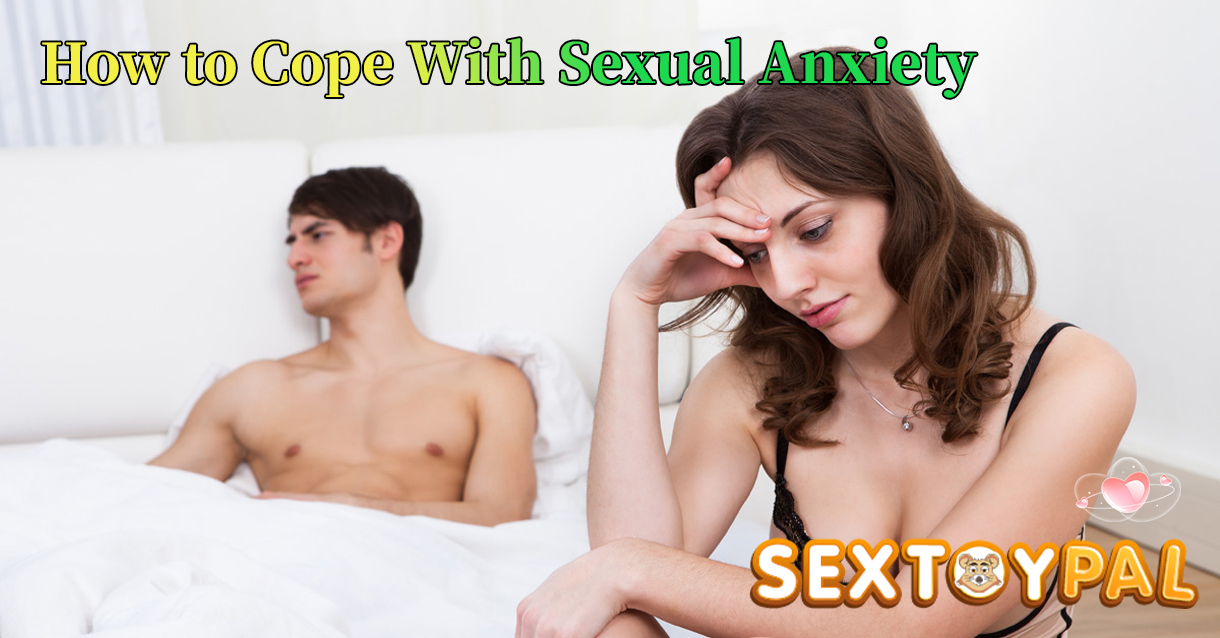
Sexual anxiety—it's a topic that's often whispered about but rarely discussed openly. What if this silent struggle is holding you back more than you realize? Sexual anxiety can creep into your life, affecting not just your intimate moments but also your overall confidence and relationships. But what exactly is sexual anxiety, and how can you tell if you're experiencing it? In this article, we'll explore the subtle yet powerful symptoms that might be impacting you, the underlying causes that often go unnoticed, and, most importantly, the effective treatments that can help you regain control. Could overcoming sexual anxiety be the key to a more fulfilling and confident life? The answers might surprise you. We'll delve into strategies that not only address the physical aspects but also tackle the mental hurdles. Are you ready to confront the hidden barriers to your sexual well-being and find out how to break free from the chains of sexual anxiety? Let’s begin this journey toward understanding and overcoming an issue that affects more people than you might think.
Common Symptoms of Sexual Anxiety
Sexual anxiety can manifest in various ways, with common symptoms including nervousness, fear, and avoidance of intimacy. Individuals experiencing sexual anxiety may feel overwhelmed by the thought of sexual activity, leading to physical responses such as rapid heartbeat, sweating, and muscle tension. These symptoms can create a negative feedback loop, where the fear of sexual encounters exacerbates the anxiety, further hindering the ability to enjoy intimate moments. This heightened sense of anxiety can significantly reduce sexual satisfaction and contribute to a decline in relationship quality.
The Impact of Nervousness on Sexual Performance
Nervousness is a common symptom of sexual anxiety and can severely impact sexual performance. When someone is overly anxious, they may struggle to focus on the present moment, leading to difficulties in maintaining arousal or achieving orgasm. This constant worry about performance can make sexual encounters stressful rather than pleasurable. The pressure to perform can increase anxiety levels, creating a vicious cycle that hampers both physical satisfaction and emotional connection. Addressing nervousness is crucial for overcoming sexual anxiety and improving overall sexual well-being.
Fear and Its Effect on Intimacy
Fear is a significant aspect of sexual anxiety, often rooted in concerns about judgment, rejection, or past traumatic experiences. This fear can lead to the avoidance of intimate situations, as individuals may dread the potential outcomes of sexual encounters. The fear of failure or negative evaluation can cause people to distance themselves emotionally and physically from their partners, weakening the bond and intimacy in the relationship. Over time, this fear-driven avoidance can strain the relationship, making it difficult to maintain a healthy and fulfilling sex life, further intensifying sexual anxiety. Addressing these fears is crucial for overcoming sexual anxiety and fostering a stronger, more intimate connection.
Avoidance of Intimacy Due to Sexual Anxiety
Avoidance is a common coping mechanism for those dealing with sexual anxiety. When the anxiety becomes too overwhelming, individuals may choose to avoid sexual situations altogether, leading to a decline in sexual activity and satisfaction. This avoidance can extend beyond the bedroom, affecting emotional closeness and communication with a partner. Over time, this pattern can erode the emotional connection that is essential for a healthy relationship. Addressing the root causes of avoidance is key to overcoming sexual anxiety and fostering a more intimate and fulfilling partnership.
Causes of Sexual Anxiety
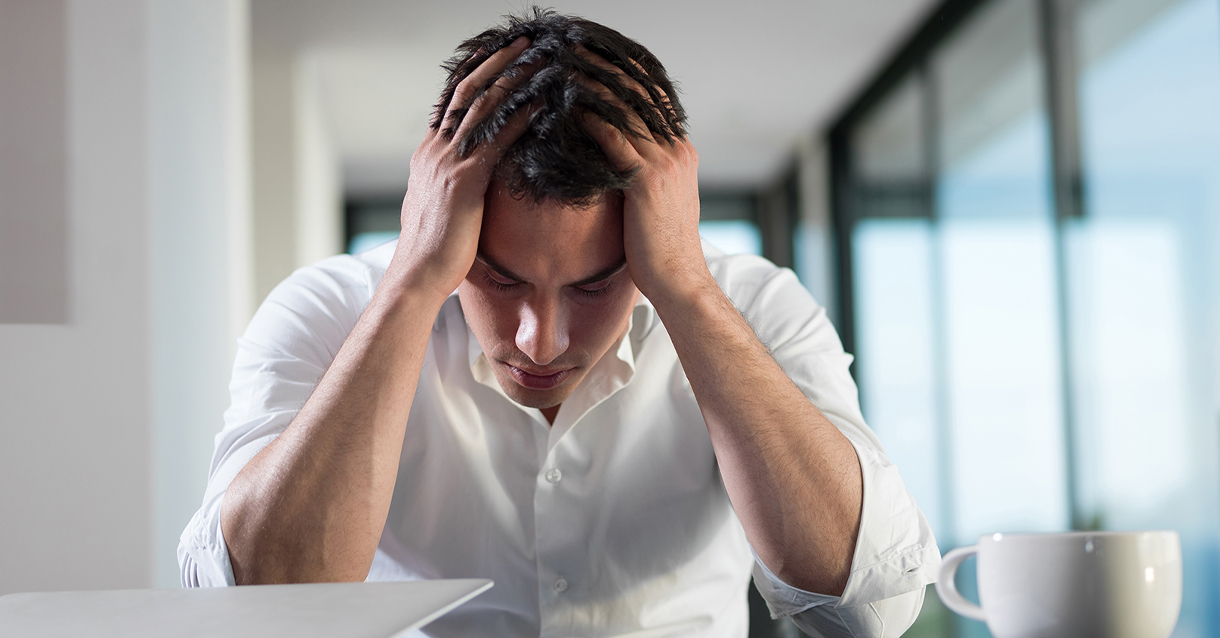
Sexual anxiety can stem from various psychological and physiological factors, significantly affecting one's intimate life. Common causes include past traumas, low self-esteem, and high levels of stress. Additionally, cultural and social pressures, coupled with inadequate sex education, often exacerbate sexual anxiety, leading to feelings of insecurity and fear during sexual encounters. Understanding these underlying causes is essential for addressing and overcoming sexual anxiety, ensuring a healthier and more fulfilling sexual experience.
Psychological Causes
Sexual anxiety often stems from deep-rooted psychological factors. Past traumas, such as abusive relationships or negative sexual experiences, can trigger anxiety, leading to a fear of intimacy. Low self-esteem also plays a significant role; individuals who struggle with body image or self-worth may feel inadequate in sexual situations, further fueling sexual anxiety. Additionally, high levels of stress, whether from work, personal life, or unrealistic expectations in sexual performance, can exacerbate feelings of anxiety. Understanding these psychological causes is key to addressing and managing sexual anxiety effectively.
Physical Factors
Sexual anxiety is not solely a psychological issue; physical factors can also contribute significantly. Hormonal imbalances, chronic health conditions, and medications can impact sexual function, leading to anxiety about performance. For example, erectile dysfunction or decreased libido might cause a person to worry excessively about their sexual abilities, creating a vicious cycle of anxiety. It's crucial to recognize these physical contributors to sexual anxiety, as they often require medical intervention or lifestyle changes to improve sexual health and reduce anxiety.
Cultural and Social Influences
Cultural and societal expectations heavily influence sexual anxiety. In many cultures, there's a pressure to conform to specific sexual norms or ideals, which can create unrealistic expectations and anxiety when these standards are not met. Social stigma surrounding sexual issues or a lack of open communication about sex can also intensify anxiety. Moreover, the portrayal of sex in media often sets unattainable benchmarks, leading individuals to feel inadequate. These cultural and social pressures contribute to the development and persistence of sexual anxiety, making it important to challenge and reframe these narratives.
Inadequate Sex Education
Inadequate sex education is a significant contributor to sexual anxiety. When individuals lack accurate information about sexual health and relationships, they may harbor misconceptions that lead to anxiety. For instance, myths about sexual performance, body expectations, or what constitutes a "normal" sex life can create undue pressure and fear. Additionally, without proper education on consent and communication, individuals may struggle to express their needs and boundaries, further exacerbating sexual anxiety. Improving sex education is essential in reducing sexual anxiety by providing individuals with the knowledge and tools they need for healthy, confident sexual experiences.
Treating Sexual Anxiety
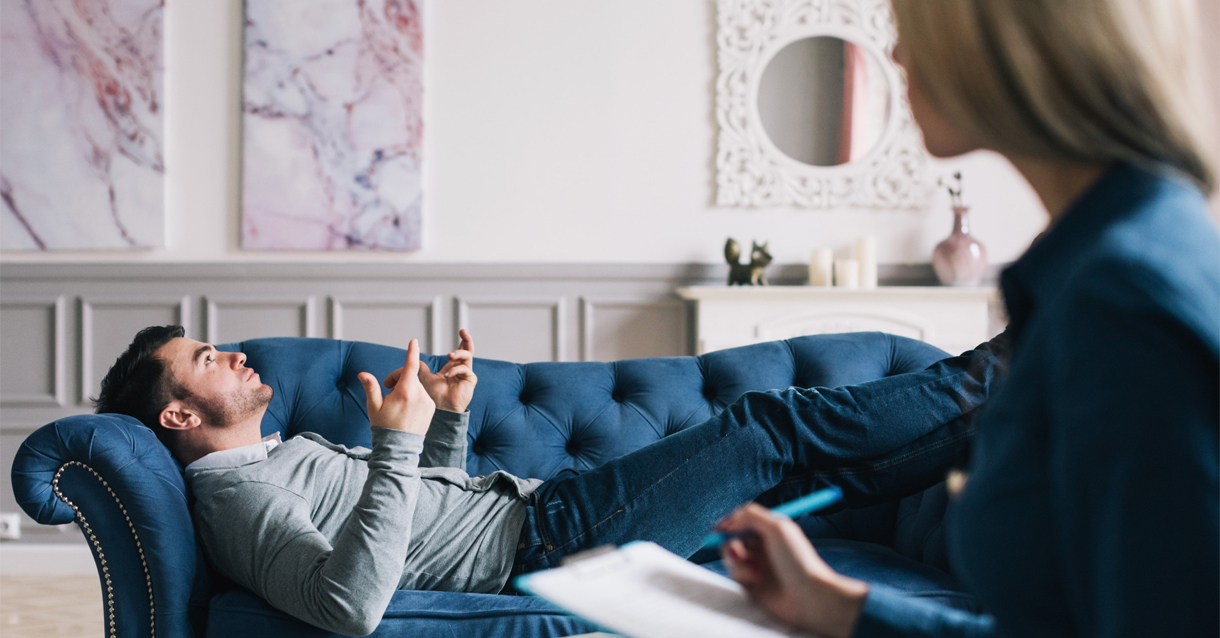
Addressing sexual anxiety effectively requires a multifaceted approach, combining professional therapies with personal self-help strategies. Whether you're dealing with mild discomfort or more severe anxiety, there are proven methods to help you regain control of your sexual health. In this section, we'll explore various treatments, including psychotherapy, medication, and self-help techniques, each designed to reduce sexual anxiety and improve your overall well-being. By integrating these strategies, you can create a balanced and fulfilling intimate life, free from the constraints of sexual anxiety.
Psychotherapy for Sexual Anxiety
Psychotherapy, particularly Cognitive Behavioral Therapy (CBT), is a highly effective treatment for sexual anxiety. CBT helps individuals identify and challenge negative thought patterns that contribute to sexual anxiety, replacing them with healthier, more positive beliefs. Through regular sessions with a trained therapist, you can learn coping mechanisms and relaxation techniques to manage anxiety in real-time. Additionally, therapy can provide a safe space to explore the root causes of sexual anxiety, leading to deeper understanding and long-term relief. Investing in psychotherapy can significantly reduce sexual anxiety, paving the way for a more confident and enjoyable sexual experience.
Medication Treatment Option
For those experiencing severe sexual anxiety, medication may be a viable option. Certain antidepressants and anti-anxiety medications can help regulate the brain's chemical balance, reducing the symptoms of sexual anxiety. These medications are often used in conjunction with psychotherapy for a more comprehensive treatment plan. It's important to consult with a healthcare provider to determine the best medication and dosage for your specific needs. While medication can provide relief from sexual anxiety, it's typically most effective when combined with other treatments, such as therapy and lifestyle changes.
Self-Help Techniques

Self-help techniques can be powerful tools in managing sexual anxiety on a daily basis. Breathing exercises, for example, are simple yet effective in calming the mind and body during moments of anxiety. Practice deep, slow breathing to lower your heart rate and reduce anxiety symptoms. Additionally, mindfulness practices such as meditation can help you stay present and focused, reducing the impact of anxious thoughts. Communication with your partner is also crucial—open discussions about your feelings can alleviate pressure and enhance intimacy. By incorporating these self-help techniques, you can take proactive steps to manage sexual anxiety.
Communicate with Your Partner
Open and honest communication with your partner is essential in managing sexual anxiety. Discussing your feelings, fears, and concerns can create a supportive environment where both partners feel understood and respected. This level of transparency can significantly reduce the pressure associated with sexual performance, allowing you to focus on building a stronger, more intimate connection. Effective communication also encourages mutual understanding, which can help in finding solutions that work for both partners. By fostering an open dialogue, you can alleviate sexual anxiety and enhance your overall relationship satisfaction.
The takeaway
Sexual anxiety is a multifaceted issue that can significantly impact both your intimate relationships and overall quality of life. Recognizing the symptoms—whether it's nervousness, fear, or avoidance of intimacy—is the first step toward addressing the problem. Understanding the underlying causes, such as past traumas, low self-esteem, or cultural pressures, can also help you identify what might be fueling your anxiety. Fortunately, effective treatments are available, ranging from psychotherapy to self-help techniques, that can help you regain control and improve your sexual well-being.
Open communication with your partner plays a crucial role in overcoming sexual anxiety. By discussing your feelings and fears, you can create a supportive environment where both partners feel understood and respected. This not only reduces the pressure associated with sexual performance but also strengthens the emotional connection in your relationship. Remember, you're not alone in this journey. With the right strategies, it's possible to break free from the constraints of sexual anxiety and enjoy a more confident, fulfilling sex life.





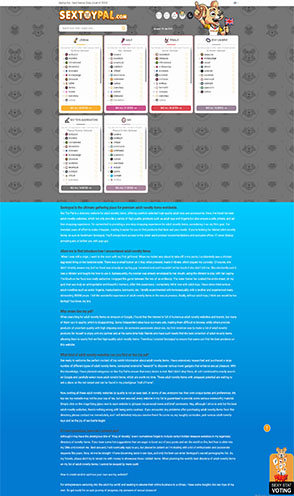








 luvsenz
luvsenz  ssxdesire
ssxdesire  eesensual
eesensual  ssdelight
ssdelight  intilust
intilust  eeromance
eeromance  sintimatee
sintimatee  spassionn
spassionn  lustssx
lustssx  ssecstasy
ssecstasy  lesaria
lesaria  femles
femles  vibher
vibher  pleasurax
pleasurax  ecstasyedge
ecstasyedge  eroswave
eroswave  desiredock
desiredock  intimatenest
intimatenest  eroblend
eroblend  erofusion
erofusion  intrnest
intrnest  desirejunction
desirejunction  seductionnook
seductionnook 
 heroxt
heroxt  egoxt
egoxt  tactxl
tactxl  exxlust
exxlust  lustrefuge
lustrefuge  spleasurey
spleasurey  ettempt
ettempt  sensujoy
sensujoy  femmeflir
femmeflir  evetoux
evetoux 
 vavaxl
vavaxl  alluset
alluset  luvtempt
luvtempt  eroglee
eroglee  thrilltop
thrilltop  luvmale
luvmale  gayvib
gayvib 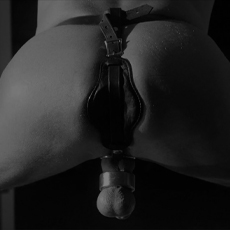
 domcockring
domcockring 
 blissbondage
blissbondage  tribetether
tribetether  pridepunish
pridepunish  rainbowrough
rainbowrough  spectrumslave
spectrumslave 
 furyplug
furyplug 
 edgegaze
edgegaze 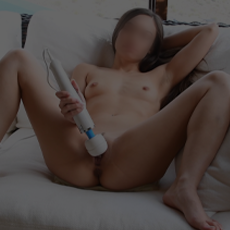

 gayvibsextoy
gayvibsextoy